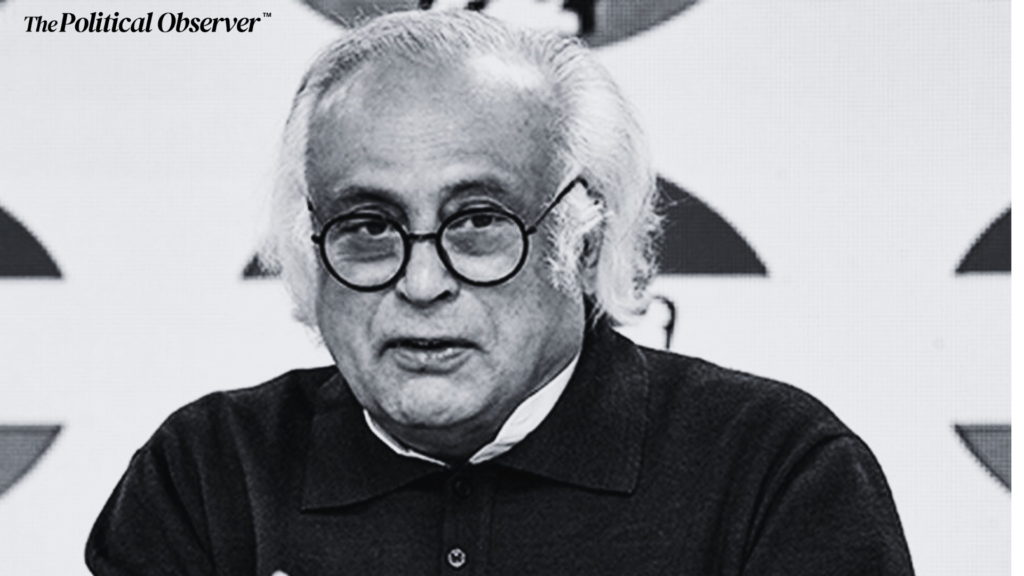The Congress party on Sunday accused the Modi government of implementing “retrograde policies” that have eroded investor confidence, stifled private investments, and turned the “ease of doing business” into “unease in doing business.”
Ahead of the Union Budget, Congress leader Jairam Ramesh outlined key economic concerns and proposed decisive actions to address them, including the elimination of “raid raj” and “tax terrorism.” He also emphasized the need to protect Indian manufacturing jobs, boost wages, and stimulate purchasing power to restore investor confidence.
Allegations Against Modi Government Policies
Ramesh criticized the government’s tax regime, labeling it as punitive and arbitrary, with a complex GST structure and excessive tax rates contributing to what he termed as “Tax Terrorism.”
“The GST, once called a ‘Good and Simple Tax’ by the Prime Minister, has turned into a labyrinth with nearly 100 tax rates, fostering evasion of Rs 2.01 lakh crore in FY24, double that of FY23,” Ramesh said. He cited the detection of 18,000 fraudulent entities, suggesting many more remain undiscovered.
Additionally, Ramesh pointed to weakening private investment, which has fallen from 25-30% of GDP during the UPA era to 20-25% under the Modi government. He blamed this sluggish investment climate for the exodus of high-net-worth individuals, with over 17.5 lakh Indians acquiring foreign citizenship over the past decade.
Rising Chinese Imports and Declining Manufacturing
Ramesh highlighted the impact of growing Chinese imports, which he said have led to a record trade deficit of $85 billion in 2023-24. He claimed this influx has damaged India’s manufacturing sector, particularly in labor-intensive industries.
Weak Consumption and Wage Stagnation
The Congress leader also criticized the government for stagnant wages and weak consumption growth. “Real wages for agricultural laborers grew 6.8% annually under the UPA but have declined by 1.3% annually under Modi’s government,” he said. Data from the Periodic Labour Force Survey, he added, shows that real earnings for all categories of workers stagnated between 2017 and 2022.
Call for Bold Budget Measures
To reverse the economic slowdown, Ramesh outlined urgent measures for the upcoming Union Budget:
- End Tax Terrorism: Simplify the tax regime to boost investor confidence and curb evasion.
- Strengthen Indian Manufacturing: Reduce dependency on Chinese imports and support labor-intensive industries.
- Boost Wages and Consumption: Take decisive steps to increase wages and purchasing power, which would drive domestic demand and incentivize investments.
“These retrograde policies have shattered investor confidence in India. Radical measures in the budget are essential to fix the damage and revive the economy,” Ramesh asserted.
Congress’s Vision for Economic Revival
Ramesh concluded by urging the government to focus on policies that prioritize domestic manufacturing, fair taxation, and wage growth. Sharing his statement on X, he said, “The Modi government has turned the ease of doing business into unease in doing business, depressing private investment sentiment. The upcoming Union Budget must take bold action to restore investor trust and economic growth.”
With the Union Budget just days away, Congress’s critique underscores the growing debate over the government’s economic policies and their impact on India’s growth trajectory.



